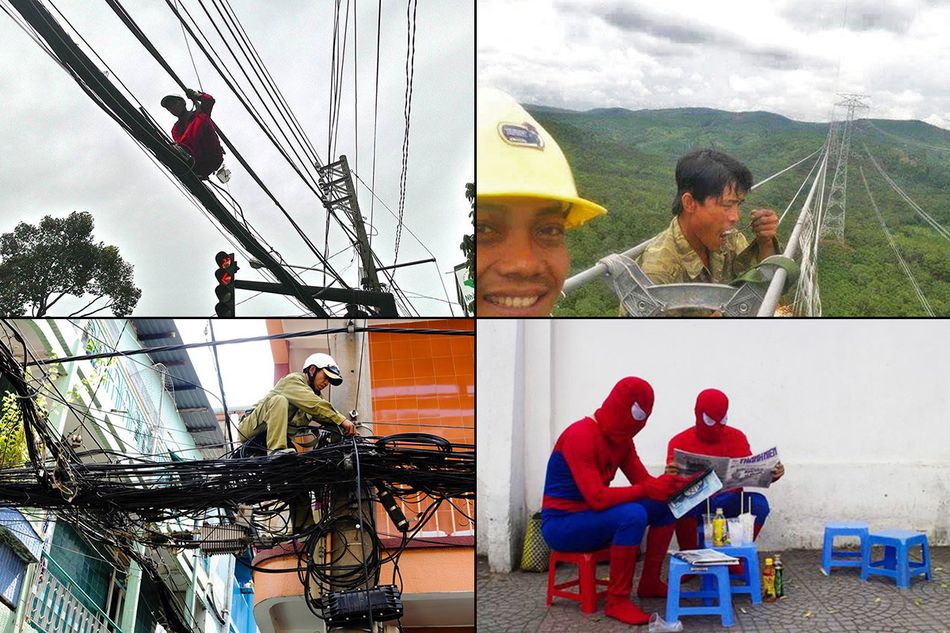At a conference on academic integrity in Vietnam held on May 29, a university official announced the results of a survey that found 84% of students have plagiarized significant portions of their writing.
Related Articles:
- HCMC Schools Burn Millions of Dollars on Unused Electronic White Boards
- For The First Time, Vietnam Is Recruiting Foreign Scientists To Teach At Public Universities
- Errors Abound in Vietnamese Textbooks
The conference was held at Hoa Sen University in Saigon and was attended by representatives of several local universities, all of whom complained about plagiarism among their students.
Attendees were taken aback when Vo Thanh Hai, rector of Duy Tan University, released the results of a freshman survey with the question, “Have you ever copied a whole essay, a paragraph or more than half a page without mentioning references?” Only 15% of the respondents answered "no" while the rest admitted to some form of plagiarism.
“Of the ‘yes’ responses, 49 percent simply said ‘yes’ without indicating how many times they had copied with no reference, 13.5 percent said they had done it many times, 12 percent confessed they do it regularly, and 9.5 percent claimed they do not do it regularly.”
“In explaining why they did not mention the authors of the original writings they quoted, 36 percent said they did not know the reference methodology, 12 percent said they did not remember who the authors were, 21 percent blamed the pressure of their assignments, and nine percent declared that they did not care about references.”
Plagiarism in Vietnam isn’t limited to undergraduates. The Maritime University in Hai Phong has been paying close attention to its MBA students and instructors to root out academic dishonesty.
“After examination, a number of MBA graduation theses were rejected since they had similarities with other documents. Many scientific articles with a similarity rate which was higher than regulated were also disqualified,” reported the newspaper.
Experts at the conference recommended talking to students, adding writing methodology into the official curriculum, putting greater focus on creativity, changing assessment methods and using software to detect plagiarism.














